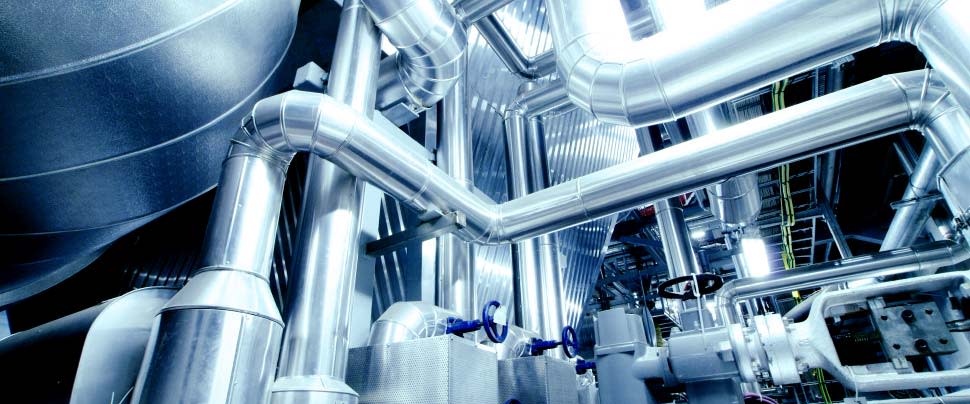Further decline in orders for industry

Weak foreign demand, in particular from Germany, is holding the Nevi Purchasing Managers’ Index to ransom. Although the index improved slightly during September from 47.7 to 48.2, this score is still considerably lower than the ‘neutral score’ of 50, and thus indicates declining activity in Dutch industry.
Industrial companies saw the number of orders decline further due to the postponement of new investment projects in the semiconductor industry. Export sales to Germany and Belgium also declined further due to the significant drop in demand in the automotive industry. German car manufacturers are struggling with low sales figures, fierce price competition from China and high costs for the transition to electric vehicles. Following profit warnings from Volkswagen and BMW, Mercedes-Benz has also lowered its profit forecast for this year. The possibility that these manufacturers may close factories is also causing many suppliers to be cautious about placing new orders with Dutch companies.
However, there are also a few bright spots. With a score of 63.5 in September, the Nevi PMI Future Output Index remained well above the no-change threshold of 50, indicating a general feeling of confidence among buyers for the coming twelve months. This is in line with the positive growth of producer confidence that is measured monthly by the Central Office for Statistics (CBS). Unlike in the automotive industry, the current low levels of investment in most end markets is seen as temporary. The many geopolitical tensions in the world and the shaky first steps of the new Dutch cabinet make it now very difficult to see far ahead and take major investment decisions.
The recent interest rate cuts of 25 and 50 basis points respectively by the European Central Bank (ECB) and the US Federal Reserve (Fed) also provide a measure of support for industry. A lower interest rate policy often leads to lower interest rates in the money markets, and can therefore stimulate demand for industrial goods.
